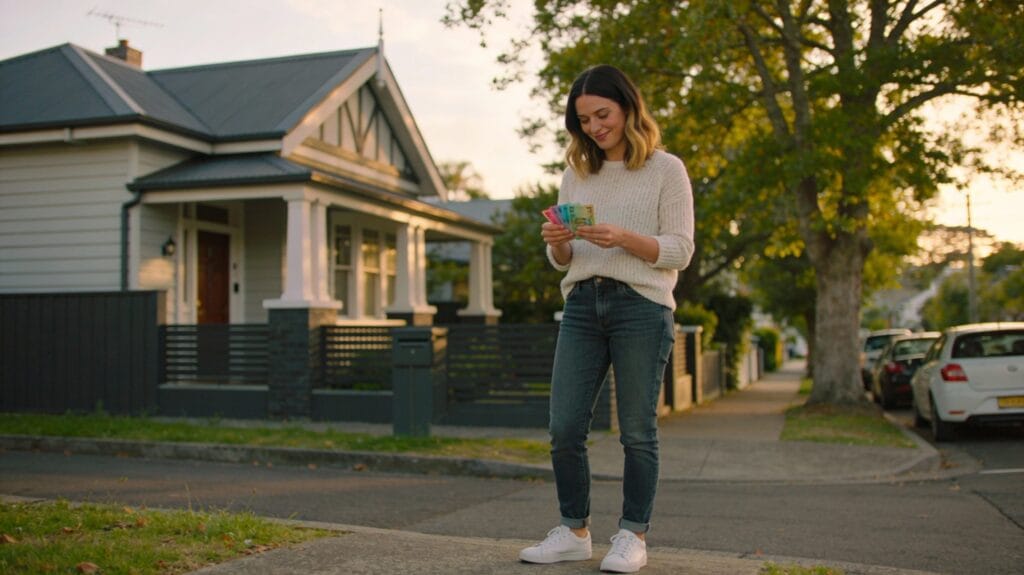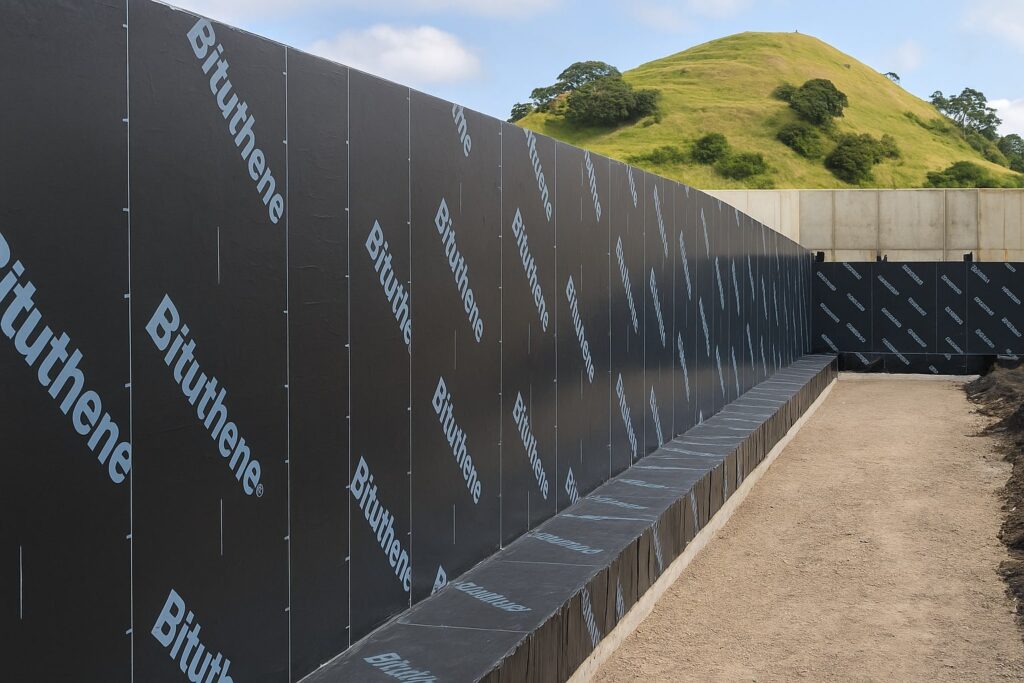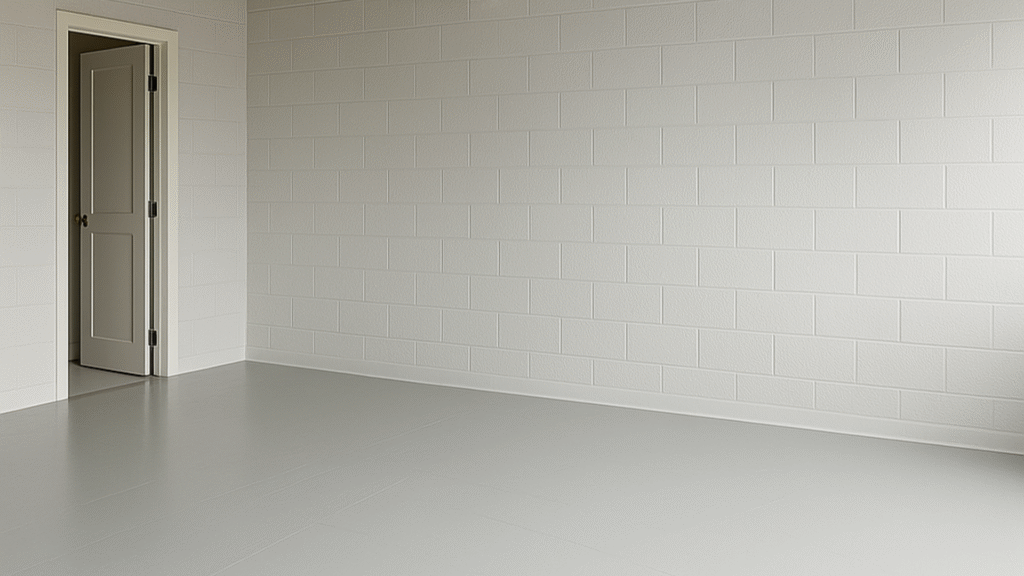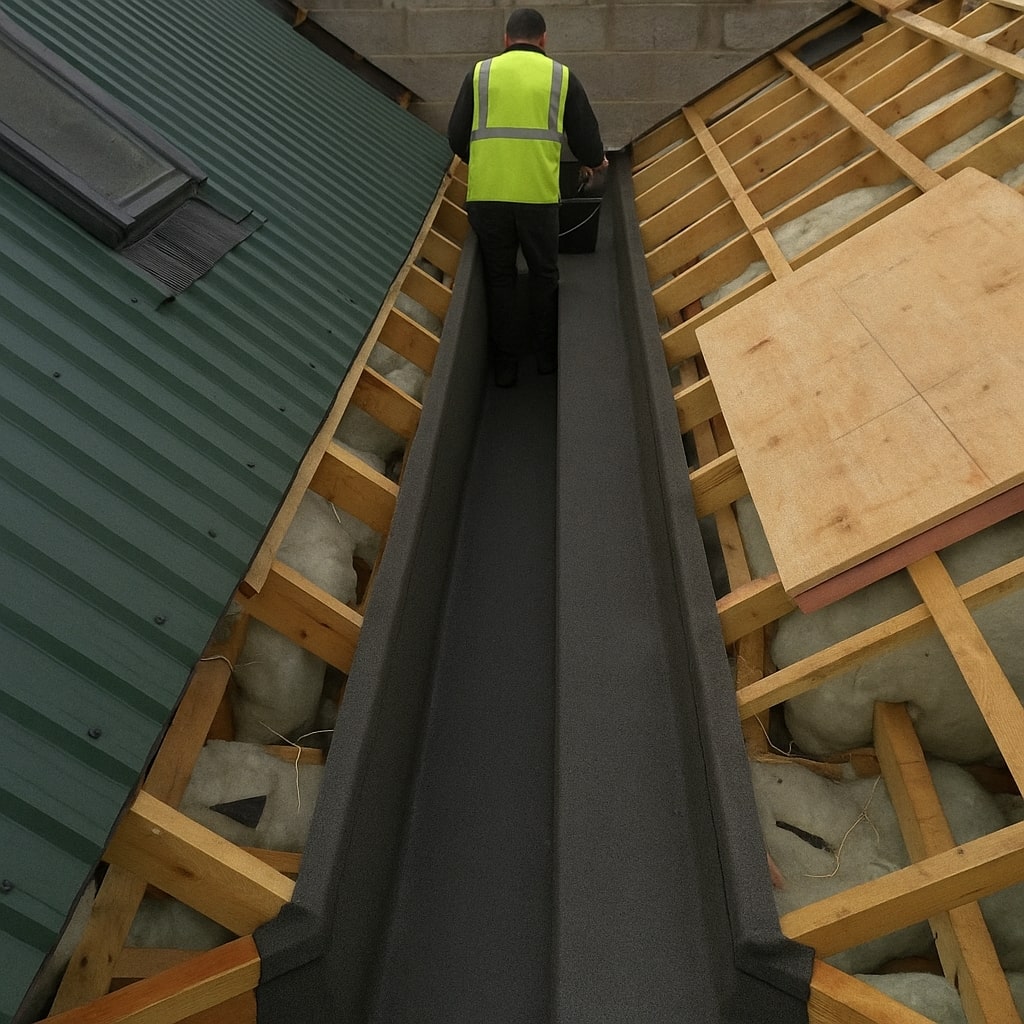The Complete Guide to Concrete Waterproofing in Auckland
Auckland Waterproofing Experts
- The Complete Guide to Concrete Waterproofing in Auckland
- Understanding Auckland's Concrete Waterproofing Challenges
- Types of Concrete Waterproofing Systems
- Auckland Building Code Requirements and Compliance
- Professional vs DIY Concrete Waterproofing
- Cost Factors for Concrete Waterproofing in Auckland
- Maintenance and Longevity
- Future-Proofing Your Concrete Investment
- Conclusion: Protecting Your Auckland Property Investment
introduction
Auckland’s unique climate presents specific challenges for concrete structures, making proper waterproofing not just advisable but essential for long-term structural integrity. With the city experiencing over 1,200mm of annual rainfall and facing increasing extreme weather events, understanding concrete waterproofing has become crucial for property owners across the region.
Understanding Auckland’s Concrete Waterproofing Challenges
Climate Factors Affecting Concrete Durability
Auckland’s subtropical oceanic climate creates a perfect storm of conditions that can compromise concrete structures. The combination of high humidity, salt-laden coastal air, and frequent rainfall creates an environment where water ingress can cause significant damage over time.
Key Climate Challenges:
- Average annual rainfall exceeding 1,200mm
- High humidity levels (70-80% year-round)
- Salt exposure from coastal proximity
- Temperature fluctuations causing expansion and contraction
- Increasing frequency of extreme weather events
Common Concrete Waterproofing Issues in Auckland
Property owners throughout Auckland face recurring issues with concrete water damage. Understanding these problems helps identify when professional waterproofing intervention becomes necessary.
Basement and Foundation Issues:
Auckland’s clay-rich soils retain moisture, creating hydrostatic pressure against foundation walls. This pressure, combined with ageing concrete and settlement cracks, allows water to penetrate basements and crawl spaces. The result is often dampness, mould growth, and structural deterioration.
Read more about basement renovation in this blog post: Basement and Garage Waterproofing and Below Ground Tanking
Balcony and Deck Problems:
Concrete balconies and decks face direct weather exposure, making them particularly vulnerable. Without proper waterproofing, water seeps through concrete slabs, causing reinforcement corrosion and concrete spalling. This issue is especially prevalent in Auckland’s apartment complexes and townhouse developments.
Find more information about deck waterproofing here: Deck Waterproofing
Retaining Wall Challenges:
Auckland’s hilly terrain necessitates extensive use of retaining walls. These structures face dual water pressure from behind (groundwater) and in front (surface water), making effective waterproofing critical for preventing costly failures.
Read more about Retaining Walls in this post: Retaining Wall Waterproofing
Types of Concrete Waterproofing Systems
Liquid Applied Membranes
Liquid waterproofing membranes offer excellent flexibility and seamless coverage, making them ideal for complex concrete shapes and surfaces with multiple penetrations.
Polyurethane Systems:
Single or two-component polyurethane membranes provide excellent elasticity and UV resistance. These systems cure to form a rubber-like membrane that accommodates concrete movement whilst maintaining waterproof integrity. Application requires careful surface preparation and professional expertise to ensure proper thickness and coverage.
Acrylic-Based Systems:
Water-based acrylic membranes offer easier application and lower toxicity during installation. Whilst not as durable as polyurethane systems, they provide adequate protection for residential applications and can be applied in cooler Auckland temperatures.
Sheet Membrane Systems
Pre-manufactured sheet membranes provide consistent thickness and quality, making them reliable for critical applications.
Modified Bitumen Membranes:
These torch-applied or self-adhesive membranes combine bitumen with polymer modifiers for enhanced flexibility. The multi-layer construction provides redundancy, ensuring continued protection even if one layer becomes compromised.
EPDM Rubber Membranes:
Single-ply EPDM membranes offer exceptional longevity and resistance to Auckland’s UV exposure. The material remains flexible in cold conditions and maintains stability under thermal cycling, making it suitable for exposed concrete surfaces.
Cementitious Waterproofing
Cementitious systems integrate directly with concrete substrates, creating a monolithic waterproof barrier.
Crystalline Waterproofing:
This innovative technology uses crystalline compounds that react with water and concrete components to form waterproof crystals within the concrete matrix. The self-healing properties make crystalline waterproofing particularly valuable for structural concrete applications.
Polymer-Modified Cementitious Coatings:
These systems combine Portland cement with polymer additives to create flexible, waterproof coatings. The cementitious base ensures excellent adhesion to concrete whilst polymer modification provides crack-bridging capabilities.
Auckland Building Code Requirements and Compliance
New Zealand’s building standards, particularly NZS 3604, establish minimum requirements for concrete waterproofing in residential construction. Understanding these requirements ensures compliance and provides a baseline for waterproofing specifications.
Key Compliance Areas:
- Minimum membrane thickness requirements
- Overlap and sealing specifications
- Penetration sealing standards
- Quality assurance and testing protocols
Auckland Council Specific Requirements
Auckland Council has implemented additional requirements for waterproofing in certain zones, particularly areas prone to flooding or with high water tables. These requirements often exceed minimum national standards to address local conditions.
Special Considerations:
- Coastal exposure zones require enhanced protection
- Flood-prone areas need elevated waterproofing standards
- Heritage buildings may have specific restoration requirements
- Multi-unit developments face stricter inspection protocols
Professional vs DIY Concrete Waterproofing
When Professional Installation is Essential
While some minor waterproofing maintenance can be handled by property owners, most concrete waterproofing projects require professional expertise to ensure long-term effectiveness.
Critical Professional Applications:
- Structural foundation waterproofing
- Below-grade applications with hydrostatic pressure
- Commercial and multi-storey residential buildings
- Systems requiring torch application or specialised equipment
- Projects requiring building consent compliance
Professional contractors bring essential expertise in surface preparation, product selection, and application techniques. They also provide warranties and insurance coverage that protect property owners from future water damage claims.
DIY Limitations and Risks
Inadequate waterproofing installation can lead to catastrophic failures costing tens of thousands of dollars to remedy. Common DIY mistakes include improper surface preparation, insufficient membrane thickness, poor seam sealing, and inadequate protection during curing.
High-Risk DIY Scenarios:
- Below-grade applications
- Structural concrete repairs
- Multi-component chemical systems
- Applications requiring specialised primers or preparation
Cost Factors for Concrete Waterproofing in Auckland
Pricing Variables
Several factors influence concrete waterproofing costs in Auckland, with project complexity and access being primary considerations.
Primary Cost Drivers:
- Surface area and accessibility
- Substrate condition and preparation requirements
- Waterproofing system selection
- Site-specific challenges (height, access, weather protection)
- Compliance and inspection requirements
Investment vs Long-Term Value
Quality concrete waterproofing represents significant upfront investment but provides substantial long-term value through prevented damage and extended structure life.
Cost-Benefit Analysis:
Professional waterproofing typically costs between $80-200 per square metre depending on system complexity. In contrast, water damage repairs can cost $15,000-50,000 or more for major remediation projects. The investment in quality waterproofing provides excellent return through damage prevention.
Property Value Impact:
Properly waterproofed concrete structures maintain their condition and appearance longer, supporting property values. Disclosed waterproofing systems can also provide competitive advantages in Auckland’s property market.
Maintenance and Longevity
Regular Inspection Protocols
Effective waterproofing maintenance begins with regular inspection to identify potential issues before they become major problems.
Annual Inspection Checklist:
- Visual examination for cracks, bubbles, or membrane damage
- Drainage system assessment and cleaning
- Joint and penetration sealing evaluation
- Surface contamination or vegetation removal
Preventive Maintenance Strategies
Proactive maintenance extends waterproofing life and prevents costly repairs.
Key Maintenance Activities:
- Regular cleaning to prevent membrane degradation
- Prompt repair of minor damage
- Drainage system maintenance
- Protective coating renewal where applicable
Expected Lifespan by System Type
Different waterproofing systems offer varying lifespans under Auckland conditions:
| Waterproofing Systems | Lifespan |
| Liquid membranes | 10-20 years depending on UV exposure |
| Sheet membranes | 15-25 years with proper installation |
| Cementitious systems | 20-30 years in protected locations |
| Crystalline systems | 50+ years with minimal maintenance |
Future-Proofing Your Concrete Investment
Climate Change Considerations
Auckland’s changing climate patterns require forward-thinking approaches to concrete waterproofing.
Emerging Challenges:
- Increasing rainfall intensity requiring enhanced drainage
- More frequent extreme weather events
- Rising sea levels affecting coastal properties
- Temperature fluctuations stressing waterproofing systems
Technology Advances
New waterproofing technologies continue improving performance and durability.
Innovative Solutions:
- Self-healing crystalline technologies
- Smart monitoring systems for early leak detection
- Advanced polymer chemistries for enhanced flexibility
- Sustainable and environmentally friendly systems
Conclusion: Protecting Your Auckland Property Investment
Concrete waterproofing represents one of the most critical investments property owners can make in Auckland’s challenging climate. The combination of frequent rainfall, high humidity, and coastal conditions creates an environment where proper waterproofing isn’t optional—it’s essential for protecting structural integrity and property values.
Success requires understanding the specific challenges faced by concrete structures in Auckland, selecting appropriate waterproofing systems for each application, and ensuring professional installation that meets or exceeds building code requirements. Whilst the upfront investment may seem substantial, quality concrete waterproofing provides exceptional long-term value through damage prevention and extended structure life.
The key to successful concrete waterproofing lies in early intervention, quality materials, professional installation, and ongoing maintenance. By taking a proactive approach to concrete protection, Auckland property owners can safeguard their investments against the region’s challenging climate conditions whilst ensuring their structures remain sound and valuable for decades to come.
For property owners considering concrete waterproofing projects, the time to act is now. Auckland’s climate won’t wait, and the cost of prevention will always be less than the cost of remediation. Invest in quality waterproofing today to protect your concrete structures against tomorrow’s weather challenges.
Had enough of the technical talk? Kick back with our tongue-in-cheek Tradie Quiz and pick up some genuine waterproofing wisdom along the way. Take the quiz now!
Tradie Quiz – Find out if you’re a waterproofing whizz!




